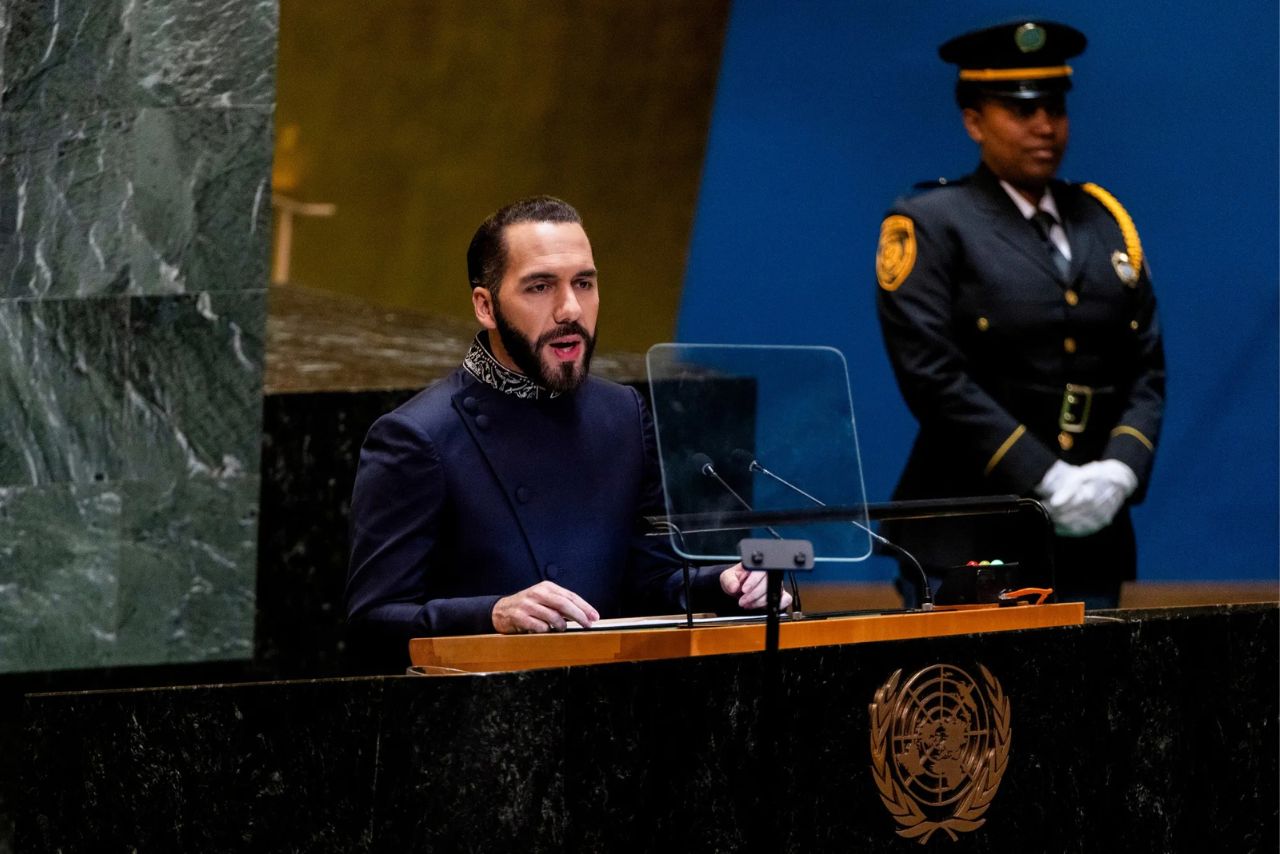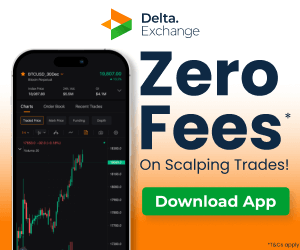In March 2025, the International Monetary Fund (IMF) intensified pressure on El Salvador to abandon public-sector Bitcoin purchases as part of a $1.4 billion loan deal. Despite warnings, President Nayib Bukele defiantly continues accumulating BTC, deepening tensions over the nation’s pioneering crypto policies.
IMF Demands Halt to Public Bitcoin Buys
The IMF’s 40-month Extended Fund Facility, approved February 26, 2025, mandates El Salvador cease “voluntary” public-sector Bitcoin acquisitions. A technical memorandum explicitly bans government BTC purchases, mining, and Bitcoin-denominated debt issuance. Furthermore, the deal requires unwinding initiatives like the state-backed Chivo wallet to reduce fiscal risks.
“Program commitments will confine government engagement in Bitcoin-related activities,” the IMF declared. El Salvador must also enhance digital asset regulations to align with global standards. The agreement unlocks $113 million immediately, potentially unlocking $3.5 billion in multilateral funding.
Bukele Defies IMF, Buys 20 More Bitcoin
Ignoring IMF demands, President Bukele announced 20 new BTC purchases between March 2-3, raising El Salvador’s holdings to 6,101.15 BTC ($530 million). On X (formerly Twitter), he mocked critics: “Proof of work > proof of whining. This won’t stop—not now, not ever.”
His defiance follows years of global scrutiny since adopting Bitcoin as legal tender in 2021. “If it didn’t stop when the world ostracised us, it won’t stop now,” Bukele asserted.
IMF Cites Volatility Risks, Demands Transparency
The IMF argues Bitcoin’s price volatility threatens El Salvador’s financial stability. Rodrigo Méndez Bertolo, IMF Executive Director, emphasised mitigating risks through governance reforms. “Bitcoin acceptance is now voluntary, taxes are dollar-denominated, and the public sector’s role is limited,” he stated.
Also Read…
Meanwhile, El Salvador amended its Bitcoin Law in January 2025, scrapping mandatory merchant acceptance and banning tax payments in BTC. The IMF praised these steps but insists on stricter compliance to secure funding.
Chivo Wallet Phase-Out and Debt Restrictions
Under IMF terms, El Salvador must phase out the Chivo wallet, a state crypto app criticised for technical glitches and low adoption. Additionally, public entities cannot issue tokenised instruments tied to Bitcoin.
These measures aim to shield the $32 billion GDP economy from crypto market swings. However, critics argue the IMF undermines Salvadoran sovereignty. “The IMF’s conditions are a slap to financial innovation,” said Juan Carlos Reyes, head of El Salvador’s Digital Assets Commission.
Bitcoiners Rally Behind Bukele’s Defiance
Pro-Bitcoin leaders globally applaud Bukele’s resistance. Samson Mow, CEO of Jan3, initially doubted continued purchases but celebrated El Salvador’s latest buys. “The message is a catalyst for monumental change,” Reyes posted on X.
However, the IMF warns noncompliance risks derailing the loan. El Salvador’s dollarised economy relies heavily on remittances, which the IMF claims could destabilise if Bitcoin adoption escalates.
What’s Next for El Salvador’s Bitcoin Experiment?
The standoff highlights a clash between traditional finance and crypto sovereignty. While the IMF pushes fiscal caution, Bukele bets on Bitcoin to attract investment and reduce dollar dependency.
Analysts question if El Salvador can balance IMF demands with its crypto ambitions. With BTC holdings now exceeding $500 million, the nation’s strategy could either spur economic transformation or deepen debt vulnerabilities. As Bukele doubles down, the world watches whether Bitcoin’s proof of work can outlast institutional pressure.
Written By Fazal Ul Vahab C H



